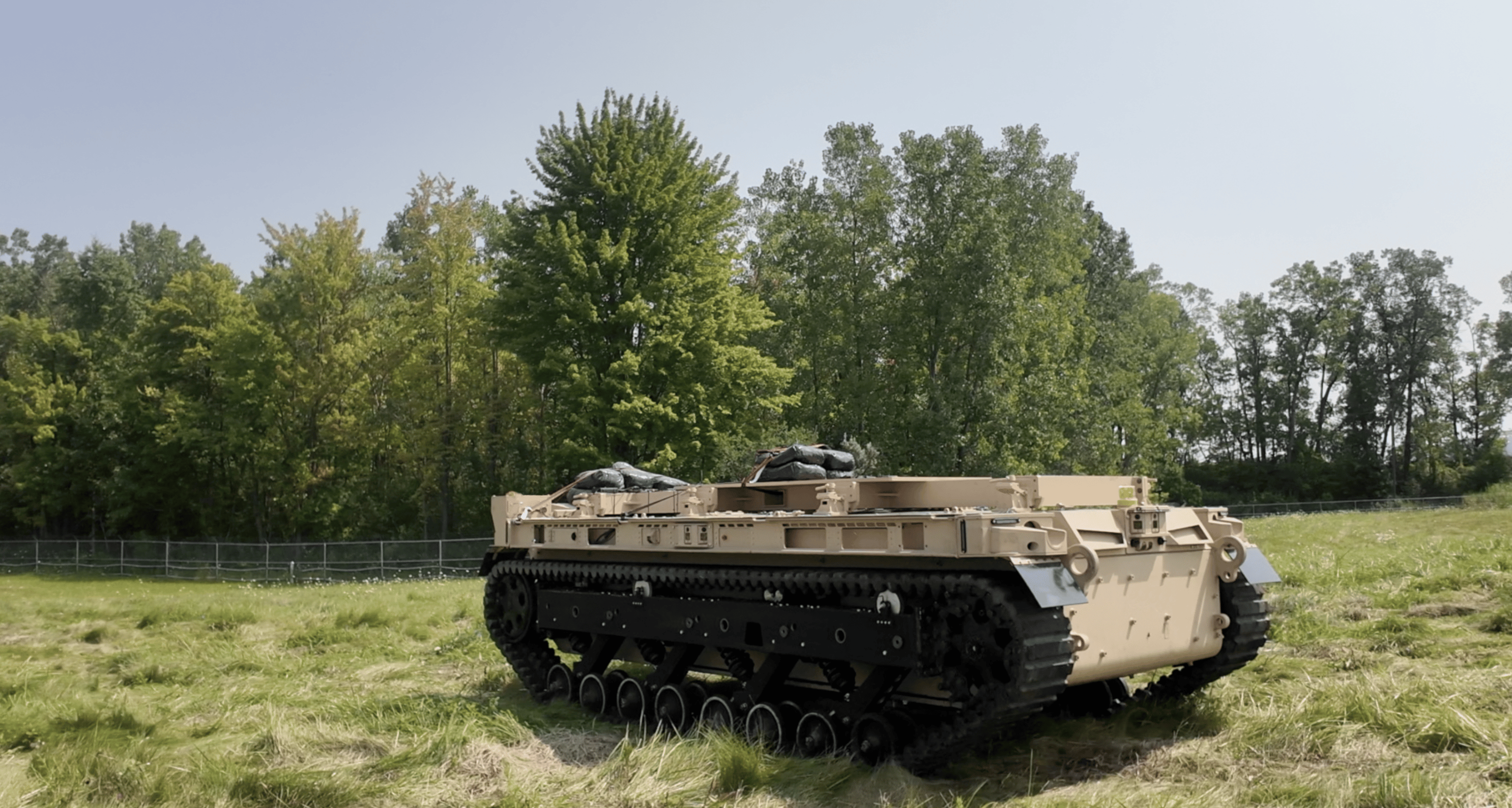ISO 2867 Wheel Load and Bearing Fatigue Testing for Armored Platforms
The ISO 2867 standard is specifically designed to ensure that wheels, bearings, and associated components of armored platforms are capable of withstanding the harsh environmental conditions and operational demands they face. This testing ensures reliability, safety, and longevity of these critical systems.
Armored vehicles operate in extreme environments where mechanical stress from repeated loadings and vibrations can lead to premature failure. Accurate and repeatable fatigue tests are essential for ensuring that components meet or exceed the performance requirements specified by international standards such as ISO 2867. This service involves comprehensive testing of wheel assemblies, bearings, and other related parts under controlled conditions that simulate real-world operational scenarios.
Our state-of-the-art facilities utilize advanced test rigs capable of simulating various loading profiles typical to armored vehicles, including static loads, dynamic impacts, and cyclical stress. The use of these sophisticated systems allows us to provide precise results that can be relied upon for making informed decisions about component design and material selection.
For successful ISO 2867 testing, proper specimen preparation is crucial. Components must undergo thorough cleaning and inspection before being placed on the test rig. This ensures accurate measurement of any deformations or failures during testing. Once prepared, specimens are subjected to a series of loading cycles that gradually increase in intensity until failure occurs.
The data collected from these tests provides critical insights into how well-designed components perform under extreme conditions. Engineers can use this information to refine designs and improve durability while reducing maintenance costs associated with frequent replacements due to component failures.
By adhering strictly to the requirements outlined in ISO 2867, we ensure that our clients receive reliable test results which are internationally recognized and accepted by regulatory bodies worldwide. This consistency helps maintain high standards across all aspects of armored vehicle development and production processes.
| Test Parameters | Description |
|---|---|
| Static Load Testing | Measures the maximum load a wheel or bearing can withstand without failure. |
| Cyclical Stress Simulation | Simulates real-world conditions to assess fatigue resistance over time. |
| Vibration Analysis | Evaluates how components respond to vibrational forces encountered during operation. |
| Impact Testing | Determines the ability of components to resist sudden impacts without failure. |
These tests are vital for ensuring that armored platforms remain operational and safe even in challenging environments. By investing in thorough testing, manufacturers can enhance product quality and customer satisfaction.
- Reduces risk of component failure during service.
- Ensures compliance with international standards like ISO 2867.
- Improves overall vehicle reliability and safety.
Why It Matters
The importance of ISO 2867 wheel load and bearing fatigue testing cannot be overstated. As armored vehicles operate in some of the harshest environments on earth, it is essential that their components are robust enough to endure continuous stress without failing.
Failure rates due to component wear or breakage can have severe consequences for both personnel safety and mission success. By conducting rigorous testing according to ISO 2867 guidelines, manufacturers can significantly reduce these risks by identifying potential weak points early in the development process.
In addition to enhancing reliability, this service also contributes to cost savings through reduced maintenance expenses and extended component lifespans. Regular testing allows for proactive replacement of worn or damaged parts before they cause significant problems, thereby preventing costly downtime and repairs.
- Enhances safety by reducing the risk of component failure during operation.
- Saves money on unnecessary replacements and repairs.
- Extends the lifespan of components through regular maintenance checks.
The results from these tests are not only beneficial for manufacturers but also essential for regulatory compliance. Many countries have stringent regulations regarding the performance standards of armored vehicles, and adherence to international standards like ISO 2867 ensures that products meet these requirements.
Scope and Methodology
The scope of ISO 2867 wheel load and bearing fatigue testing encompasses the evaluation of wheels and bearings used in armored vehicles. This includes assessing their ability to withstand static loads, dynamic impacts, and cyclical stress over extended periods.
| Test Parameters | Description |
|---|---|
| Static Load Testing | Determines the maximum load a wheel or bearing can endure without failure. |
| Cyclical Stress Simulation | Evaluates how components perform under repeated loading cycles to assess fatigue resistance. |
| Vibration Analysis | Assesses component behavior during exposure to vibrational forces encountered in service conditions. |
| Impact Testing | Makes sure that components can withstand sudden impacts without failure. |
The methodology for conducting these tests involves the use of specialized test rigs capable of simulating real-world operational scenarios. Specimens are carefully prepared and placed on the rig, where they undergo a series of loading cycles designed to replicate actual usage patterns.
Data collected from each test is meticulously recorded and analyzed using advanced software tools. This data provides valuable insights into component performance, enabling engineers to make informed decisions about design improvements or material substitutions if necessary.
International Acceptance and Recognition
- The ISO 2867 standard has achieved widespread acceptance among military contractors globally.
- Countries like the United States, Russia, Israel, and many others require compliance with this standard for armored vehicle components.
Adherence to these standards ensures that products meet or exceed international quality benchmarks, enhancing trust between manufacturers and buyers. Compliance also facilitates easier entry into foreign markets where strict regulatory requirements may be in place.
- Facilitates smoother dealings with international clients by meeting their specific needs.
- Promotes brand reputation through consistent adherence to high-quality standards.
Our laboratory is accredited by leading bodies and maintains up-to-date knowledge regarding all relevant standards, ensuring accurate and reliable results every time. We pride ourselves on providing services that not only meet but exceed expectations set forth by our clients and regulatory authorities alike.





